Introduction
A. What Are Online Reviews?
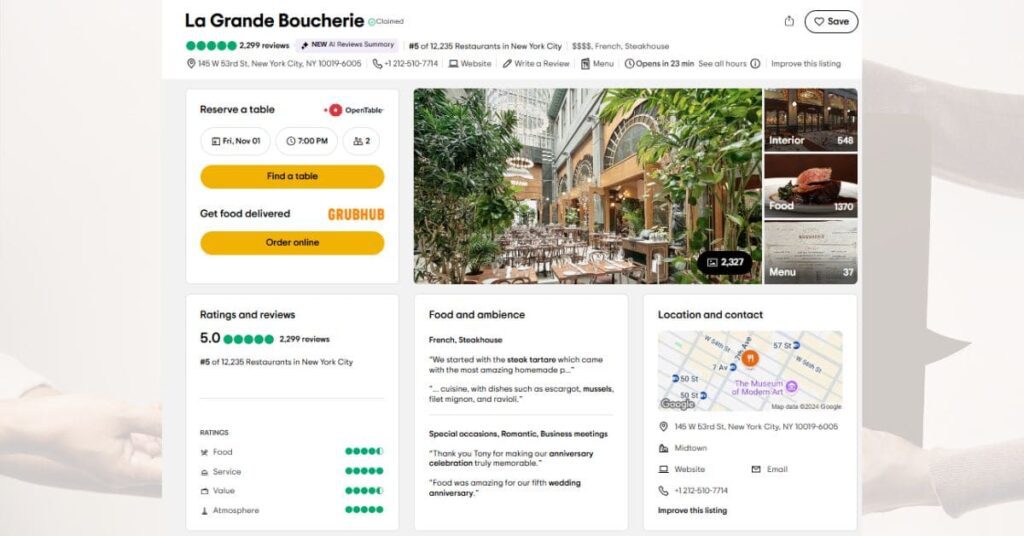
Online reviews are digital customer feedback shared on platforms like Google, Yelp, and even social media. They can include star ratings, written reviews, and sometimes photos or videos, offering an authentic look into customer experiences with a brand. Acting as a form of digital word-of-mouth, these reviews have become a trusted source of insight for prospective customers exploring new products or services.
B. Why Are Online Reviews So Important Today?
In the digital era, online reviews are invaluable. Studies show that over 90% of people read reviews before making a decision about a business. This trust in online reviews means that businesses have a unique opportunity to strengthen their brand by consistently collecting and responding to customer feedback. If you’re curious about how online reviews play a role in social proof, you can read further to understand the impact on buyer decisions.
C. How Online Reviews Can Fuel Business Growth
Online reviews don’t just build trust—they actively drive business growth. Positive reviews enhance credibility, while constructive feedback offers insights for improvement. When businesses leverage customer feedback, they can refine their approach and drive more value. To make the most of reviews, consider integrating them into your conversion rate optimization strategies to maximize their impact on your revenue. Effective online review management is a powerful strategy for building trust signals, which are essential for earning new customers and nurturing loyalty.
The Impact of Online Reviews on Consumer Behavior
A. Statistics on Consumer Reliance on Reviews
In today’s digital world, statistics show just how much consumers rely on online reviews. Studies reveal that over 90% of shoppers read online reviews before making a purchase, with nearly 84% trusting these reviews as much as personal recommendations. This trend highlights the immense influence of reviews on consumer behavior. To explore tools that can help you track and optimize your brand’s online reputation, check out our guide on audience insights tools.
B. The Role of Reviews in the Decision-Making Process
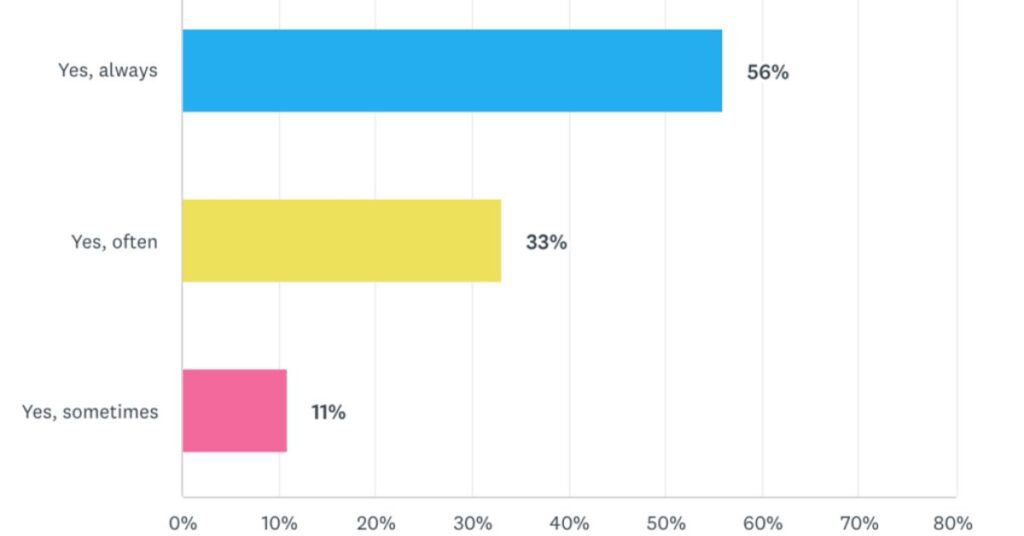
Reviews play a critical role in shaping consumer decisions. Before committing to a purchase, most consumers read multiple reviews to gauge the experiences of others. Positive reviews act as endorsements, while negative reviews can serve as cautionary tales. This makes it essential for businesses to manage their reviews effectively, as they serve as key trust signals that influence potential customers’ decisions.
C. Trust and Credibility Associated with Online Reviews
One of the reasons online reviews are so impactful is their ability to build trust and credibility. Reviews from real customers provide social proof, making a brand seem more reliable. In fact, businesses with high ratings and detailed customer feedback are more likely to convert visitors into loyal customers. If you’re looking to strengthen your SEO strategy through credibility, explore social proof strategies for insights into building trust with your audience.
Building a Strong Online Presence
A. Importance of Having a Business Profile on Review Platforms

Creating and maintaining a business profile on key review platforms like Google My Business, Yelp, and Facebook is essential for any brand. These profiles not only improve visibility in local searches but also serve as a hub where potential customers can find ratings, reviews, and business information. A well-maintained profile helps establish credibility, giving potential customers confidence in your brand. For more tips on improving visibility, check out our guide on local SEO strategies.
B. Strategies for Optimizing Online Profiles
Optimizing your business profiles is crucial to ensure that accurate and compelling information is available to prospective customers. This includes using high-quality images, updating your business hours, and sharing customer testimonials. Optimizing these profiles with relevant keywords can also improve your rankings. Our on-page SEO techniques guide covers more strategies to help ensure your business appears prominently in searches.
C. Engaging with Customers Through Social Media
Social media is a powerful tool for engaging with customers and addressing feedback. By actively responding to comments and messages, businesses can show they care about their customers’ experiences. Engaging on social media platforms not only builds loyalty but also strengthens your brand’s reputation, especially when customer reviews are shared and discussed publicly. For a deeper dive into maximizing your business’s social media presence, read our article on social media strategies for local businesses.
Encouraging Customer Reviews
A. Techniques for Soliciting Feedback from Customers

Encouraging customers to leave reviews requires a thoughtful approach. Simple methods like follow-up emails, thank-you notes with a review request, or in-store signage can be effective. Personalizing requests makes customers feel valued, increasing the likelihood they’ll share their experiences. If you’re interested in more strategies for building credibility through reviews, our article on trust signals provides additional insights.
B. Timing and Methods for Requesting Reviews
Timing is key when asking for reviews. Reaching out shortly after a positive interaction—whether it’s a purchase or a support call—can lead to more positive feedback. Businesses can request reviews via email, SMS, or even through their social media channels. To understand how to optimize these points of contact for conversions, you might also benefit from our guide on conversion rate optimization strategies.
C. Incentives for Customers to Leave Reviews
While providing incentives for reviews, such as discounts or small rewards, is a great way to encourage feedback, it’s crucial to follow platform guidelines. Most review sites prohibit paid reviews but allow offers that encourage honest feedback. For tips on crafting ethical and effective review strategies, see our recommendations in social proof, where we discuss how customer testimonials contribute to brand trust.
Responding to Reviews Effectively
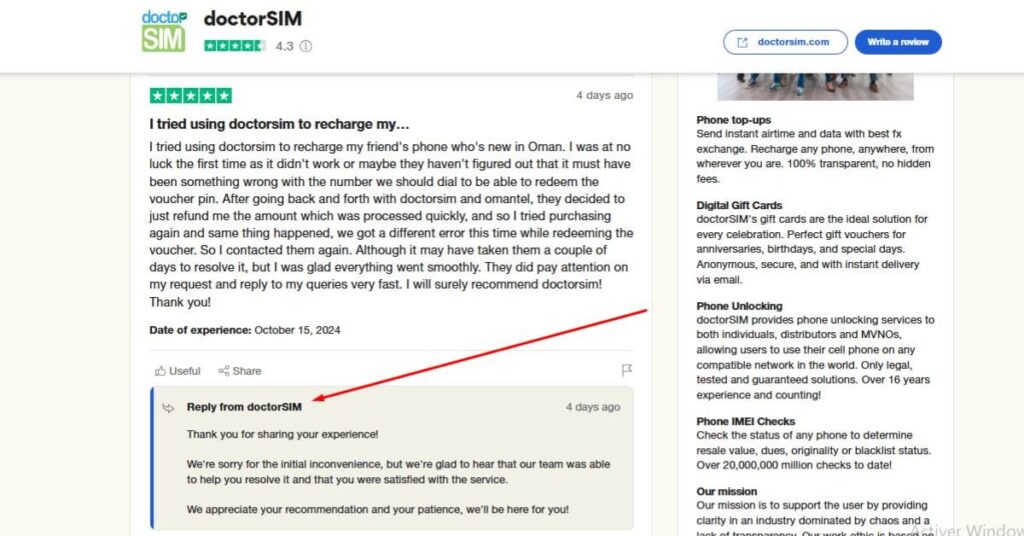
A. Importance of Responding to Both Positive and Negative Reviews
Responding to all reviews—positive and negative—is essential for building customer trust and showing that your business values feedback. Acknowledging positive reviews reinforces customer loyalty, while addressing negative ones shows prospective customers that you’re committed to resolving issues. By responding consistently, businesses can build a solid reputation. For more on creating a trustworthy brand, explore our article on trust signals.
B. Best Practices for Crafting Responses
When crafting responses, it’s best to be sincere, professional, and personalized. Thanking customers, addressing specific details they mentioned, and offering solutions for any concerns can go a long way. A thoughtful approach not only strengthens customer relationships but also builds credibility with new visitors. For strategies to enhance your response tactics, see our guide on on-page SEO techniques, which discusses ways to make your content more engaging and valuable.
C. Turning Negative Feedback into Opportunities for Improvement
Negative reviews can serve as valuable insights for improving your products or services. Instead of viewing them as setbacks, consider them as opportunities to address weaknesses and make adjustments. Showing a proactive approach in handling criticism can greatly enhance your brand’s reputation. Our article on conversion rate optimization strategies includes tips on turning feedback into actionable improvements, helping your business grow and meet customer expectations more effectively.
Analyzing Review Data
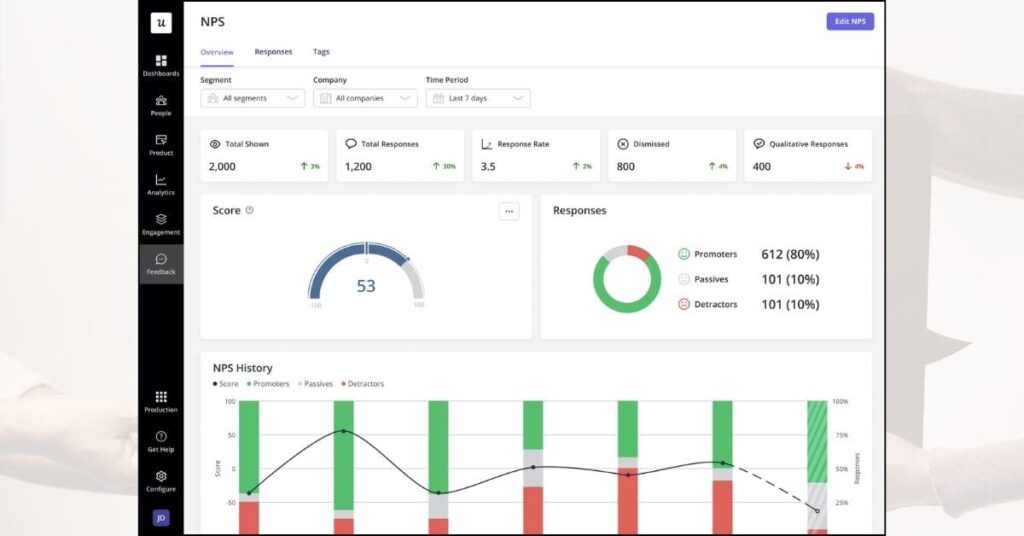
A. Tools and Methods for Tracking and Analyzing Reviews
Tracking and analyzing reviews is essential for understanding customer sentiment and identifying areas for growth. Various tools, such as Google Search Console, can help you monitor reviews, assess customer feedback, and manage online reputation. You might also consider specialized review tracking platforms like Trustpilot or Yelp for Business, which offer insights into customer opinions across multiple platforms.
B. Identifying Trends and Patterns in Customer Feedback
Analyzing review data can reveal trends, such as recurring praise for certain aspects of your business or repeated concerns that need addressing. By categorizing and identifying patterns, you can focus on areas with the highest impact on customer satisfaction. For businesses interested in optimizing their site based on customer needs, our guide on website navigation best practices offers insights on creating an intuitive online experience.
C. Utilizing Insights to Inform Business Strategies
Customer feedback provides actionable insights that can guide your business strategy, from refining products to improving customer service. By leveraging these insights, businesses can make informed adjustments that resonate with their audience, ultimately driving growth. To explore more on data-driven decision-making, our article on data-driven SEO covers how to integrate analytics into your overall strategy. External tools like HubSpot or Hootsuite can also help organize and implement changes based on these insights, enhancing customer satisfaction and engagement.
Leveraging Reviews for Marketing

A. Incorporating Reviews into Marketing Materials
Integrating customer reviews into marketing materials can greatly enhance credibility. Positive reviews and testimonials provide social proof, showcasing real experiences that potential customers can trust. Whether it’s in email newsletters, brochures, or product pages, including these insights can make your marketing more authentic. For ideas on utilizing customer feedback to build trust, our article on social proof delves into effective ways to incorporate reviews into your brand’s messaging.
B. Using Testimonials in Advertising Campaigns
Testimonials are powerful assets in advertising campaigns, as they offer firsthand accounts of product benefits and experiences. Incorporating quotes from reviews into ads, landing pages, or video campaigns can help potential customers see the value in your offerings. To get the most from customer testimonials, consider learning about conversion rate optimization strategies to ensure your campaigns are optimized for maximum impact.
C. Highlighting Positive Reviews on Websites and Social Media
Showcasing positive reviews on your website and social media platforms builds trust and engages your audience. Featuring a rotating review section on your homepage or creating social media posts around standout testimonials keeps feedback front and center, helping build brand credibility. To learn more about effective ways to display reviews, our guide on website navigation best practices provides tips on placing key elements strategically to improve user experience. Additionally, tools like Canva can be useful for designing eye-catching social media posts that highlight customer reviews.
The Role of Online Reputation Management
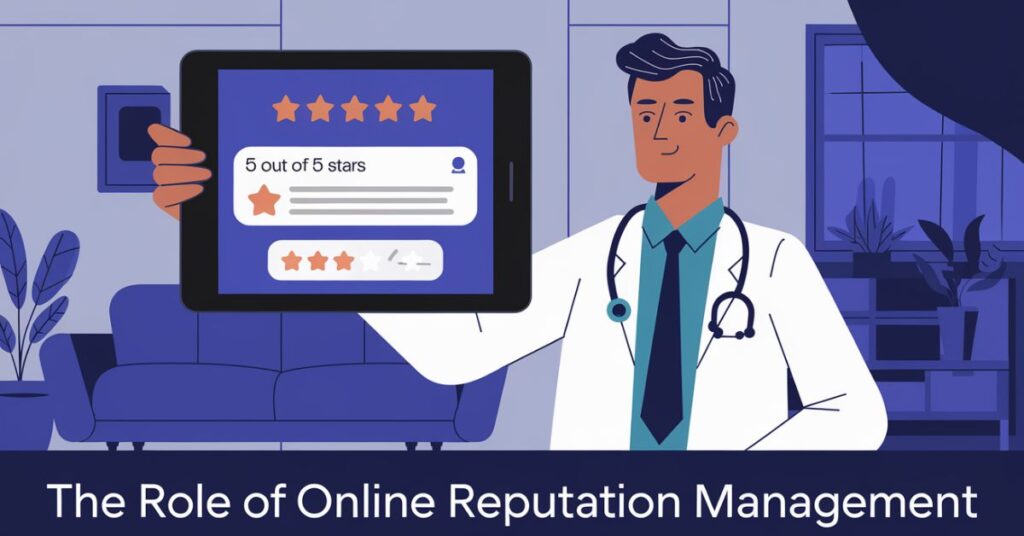
A. Understanding the Concept of Online Reputation
Online reputation is the perception of a brand or business based on what people find about it on the internet—reviews, ratings, social media mentions, and press. A strong online reputation can build trust with potential customers, while a poor reputation can deter them. In a digital landscape where most customers research businesses before engaging, managing this reputation is crucial. For a deeper dive into building trust online, check out our insights on trust signals, which discuss how a solid reputation impacts customer decision-making.
B. Strategies for Maintaining a Positive Online Image
To maintain a positive image, businesses should monitor reviews regularly, respond promptly to feedback, and actively engage with their audience. Updating online profiles with accurate, helpful information and sharing positive customer experiences can strengthen your brand’s online presence. For more ideas on how to improve visibility and appeal, explore our local SEO strategies, which cover tips for standing out in search results and managing your reputation effectively.
C. The Importance of Proactive Reputation Management
Proactive reputation management involves continuously monitoring what’s being said about your business and taking steps to resolve issues before they escalate. Addressing customer feedback, even if it’s not a direct complaint, demonstrates your commitment to customer satisfaction and helps prevent negative perceptions. Staying proactive also involves encouraging satisfied customers to share their experiences, contributing to a positive overall image. For actionable ways to leverage customer feedback, consider our article on data-driven SEO, which explores how analytics can support informed, reputation-boosting strategies.
Case Studies of Successful Businesses
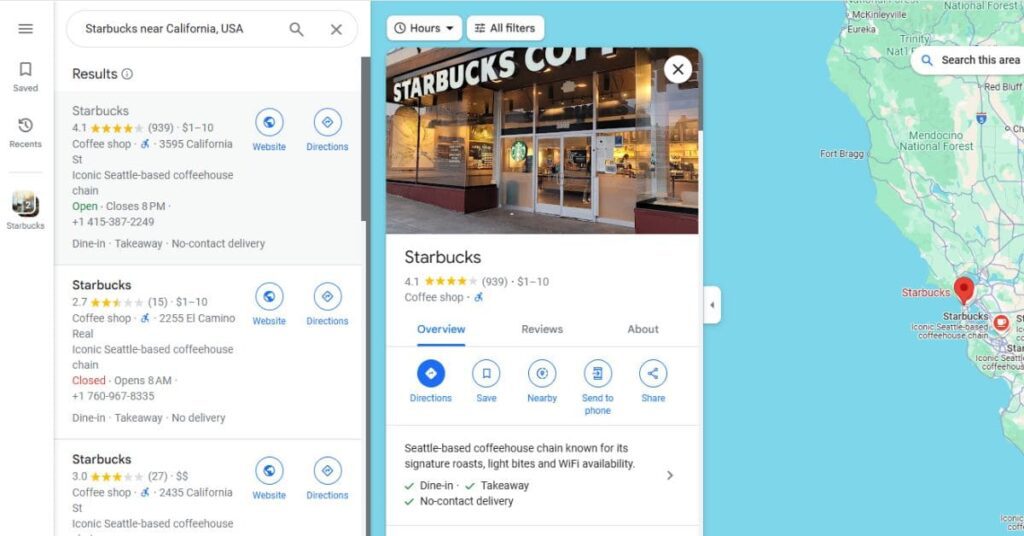
A. Examples of Businesses That Have Effectively Utilized Reviews
Many businesses have harnessed the power of online reviews to drive success. For instance, Starbucks has leveraged customer feedback on platforms like Yelp and Google to enhance its service offerings and product variety. Similarly, Zocdoc, a healthcare appointment booking platform, actively encourages reviews to build trust among users and improve their services. By prioritizing customer feedback, these brands have fostered strong loyalty and engagement. For more insights on building a trustworthy brand, check out our article on trust signals.
B. Analysis of Strategies Employed by These Businesses
Successful businesses typically employ a range of strategies to utilize reviews effectively. Starbucks, for example, not only monitors reviews but also engages with customers by responding to feedback on social media and encouraging customers to leave reviews in-store. Zocdoc uses customer testimonials in their marketing materials, showcasing real user experiences to attract new customers. These strategies highlight the importance of interaction and visibility in the online space. For ideas on enhancing your marketing tactics, explore our guide on conversion rate optimization strategies, which offers tips for maximizing customer engagement.
C. Lessons Learned from Their Experiences
The experiences of these companies provide valuable lessons for businesses looking to improve their online presence. Firstly, actively engaging with customers demonstrates a commitment to service and fosters loyalty. Secondly, integrating customer feedback into business operations can lead to significant improvements. Lastly, consistently encouraging satisfied customers to share their experiences can create a positive cycle of feedback. For strategies on how to analyze and utilize customer insights effectively, refer to our article on data-driven SEO, which discusses how to leverage analytics for informed decision-making.
Conclusion
A. Recap of the Significance of Online Reviews for Business Growth
In today’s digital landscape, online reviews play a pivotal role in shaping consumer perceptions and driving business growth. They not only influence purchasing decisions but also enhance brand credibility and visibility in search results. Businesses that actively manage and leverage their reviews can foster customer loyalty, improve their services, and ultimately boost their bottom line. For a comprehensive overview of how reviews impact success, revisit our insights on trust signals.
B. Final Thoughts on Implementing Review Strategies
Implementing effective review strategies requires commitment and proactive engagement with customers. From encouraging feedback to responding thoughtfully, every interaction can shape your brand’s reputation. Businesses should prioritize establishing a robust presence on review platforms, optimizing their profiles, and utilizing customer insights to inform their strategies. To delve deeper into practical applications, explore our guide on conversion rate optimization strategies for actionable tips.
C. Encouragement for Businesses to Embrace Online Feedback for Continuous Improvement
As customer feedback continues to shape the business landscape, it’s crucial for companies to embrace this valuable resource. By viewing reviews as opportunities for growth and improvement, businesses can adapt to changing consumer needs and preferences. We encourage all businesses to foster a culture of openness, actively seek out customer feedback, and use it as a catalyst for positive change. For strategies on leveraging data effectively, our article on data-driven SEO provides further insights into using analytics for continuous improvement.

